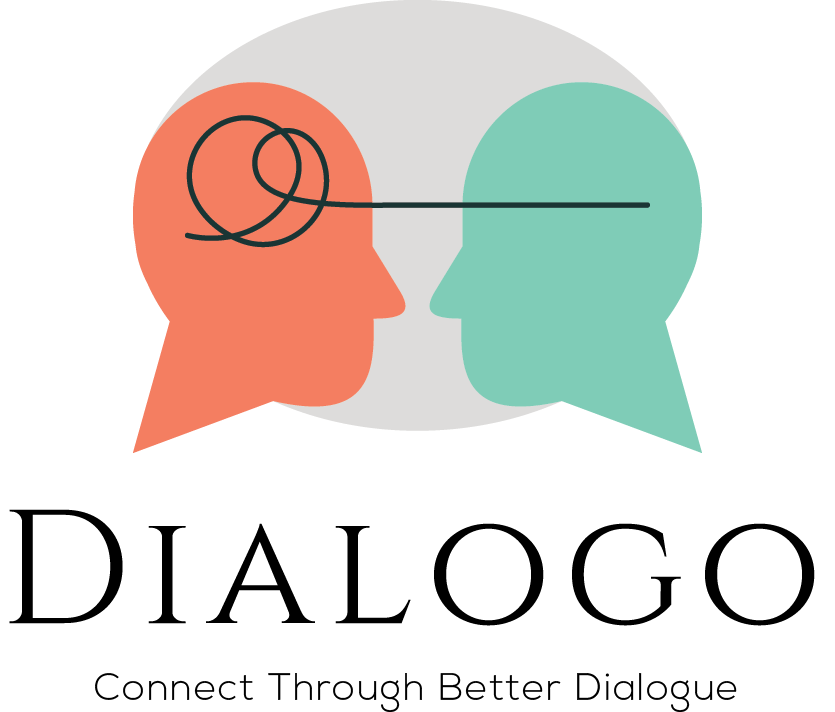Hold the Facts: Why It’s Important to Acknowledge Your Partner's Feelings, Even if You Don't Agree with Their Reasoning
“I don’t know how I can validate their feelings if what they’re saying isn’t true.”
This is a sentiment I’ve heard many times in couples therapy.
If what your partner is saying doesn’t match your perspective of what happened, how can you possibly make space for what they’re feeling? If you do, won’t that mean you’re caving in? What kind of precedent will that set for future arguments? Can you be in a relationship where you’re constantly compromising just to avoid the drama?
These are valid concerns. Of course you don’t want to end an argument without having your points heard and your feelings validated.
But, you might be surprised to realize that acknowledging what your partner is feeling actually provides a path for both parties to feel understood and content with the outcome.
Not Business Partners
It’s important to remember that our relationships are not logical things. You and your partner are not business partners. Emotions like love and joy are what brought you together, not a five-year strategic plan.
During disagreements our bodies are wired to respond in an emotional way. In fact, our capacity for logic can actually diminish during disagreements so that our body can focus on activating our survival defenses.
So it’s important to keep in mind that both you and your partner are likely operating from some level of emotionality during disagreements - and that’s ok! Emotions are not bad. The only challenge is that sometimes our emotions can take over.
So while you and your partner both logically know neither of you are a hungry tiger, your body is constantly monitoring the situation just in case.
One of the biggest gifts you can give your partner - who you have chosen to be in a relationship with - is grace. Recognize that they are a human with emotional wounds. Giving them space to have raw emotions is not the same thing as letting someone outright disrespect you.
The Three R’s
The Three R’s is a handy acronym that you can use to honor your partner's feelings when you disagree with their perspective.
Regulate
Try to stay present with your partner in a way that is soothing or grounding. You might state, “Hey, I know things are feeling really heated right now. Can we pause for a moment?”
From there, perhaps you’re open to holding hands or sitting side by side. If you’re not feeling super lovey-dovey, perhaps the two of you go on a walk around the block. Doing something together that is soothing or grounding is called co-regulation. Co-regulation is what happens when your nervous systems interact in a way that facilitates presence and wellbeing.
It’s also possible that you each need a break to regulate separately. Each of you can make an effort to ground yourself. This could look like going on separate walks, journaling, shaking your body, gently massaging your feet, or humming a comforting song.
Relate
Once you both feel more regulated, here’s where the big task comes in. Reflect to your partner what you understand about their experience and emotions. Say something like, “I hear that you’re really angry.” You can even add, “It makes sense that you feel that way because…”
Notice how your partner responds to you acknowledging their feelings. A lot of the time, my clients find that their partners actually soften, as if they don’t feel they have to work so hard to convince you of their perspective.
Really take time to listen to your partner. Notice what your assumptions might be and ask questions instead.
Reason
After you’ve given your partner enough time to express their perspective you can share yours. It’s even better if you ask for their consent; “Would it be OK if I shared my perspective now?”
Be mindful not to fall back into the pattern of putting your partner on trial. You might never completely agree on the chronology of your last argument. Instead, describe what you observed about the situation and explain how that makes you feel. Let them know what your emotional needs are and ask them if they can meet those.
Conclusion
I know that for some people, the Three R’s feels like a big ask! In the heat of the moment it’s hard to slow down and set aside your need to be right. I promise that with time and practice, this feels easier. And the best part about being in a relationship is that you don’t have to learn new skills like this on your own. You and your partner can team up and practice them together.
Of course, there may be times when you still want or need outside support. Couples therapy is always here to help you work through challenging things in your relationship.
About The Author
Raina LaGrand (she/her) is a somatic therapist, coach, yoga teacher, speaker and facilitator specializing in racial identity, trauma, relationships and embodiment. In her practice, Root to Rise Somatics, she primarily helps mixed race adults and interracial couples build relationships where they feel emotionally connected, and she also works with other people who identify as “inbetweeners.” She has a free guide for couples who want to navigate conflict with more embodied ease which you can download right here. Raina lives with her dog on occupied Anishinaabe land (Ypsilanti, Michigan, USA).
References and Further Learning
Perry, B.D. (2020, April 2nd). 4. Regulate, Relate, Reason (Sequence of Engagement): Neurosequential Network Stress & Trauma Series. https://www.youtube.com/watch?v=LNuxy7FxEVk
Perry, B.D. (2020, April 2nd). 5. Understanding Regulation: Neurosequential Network Stress & Trauma Series. https://www.youtube.com/watch?v=L3qIYGwmHYY&t=645s
Perry, B.D. & Szalavitz, M. (2017). The Boy Who Was Raised As A Dog: And Other Stories from a Child Psychiatrist’s Notebook (Revised and Updated Edition). New York: Basic Books.
Photo by Jennifer Lim-Tamkican
